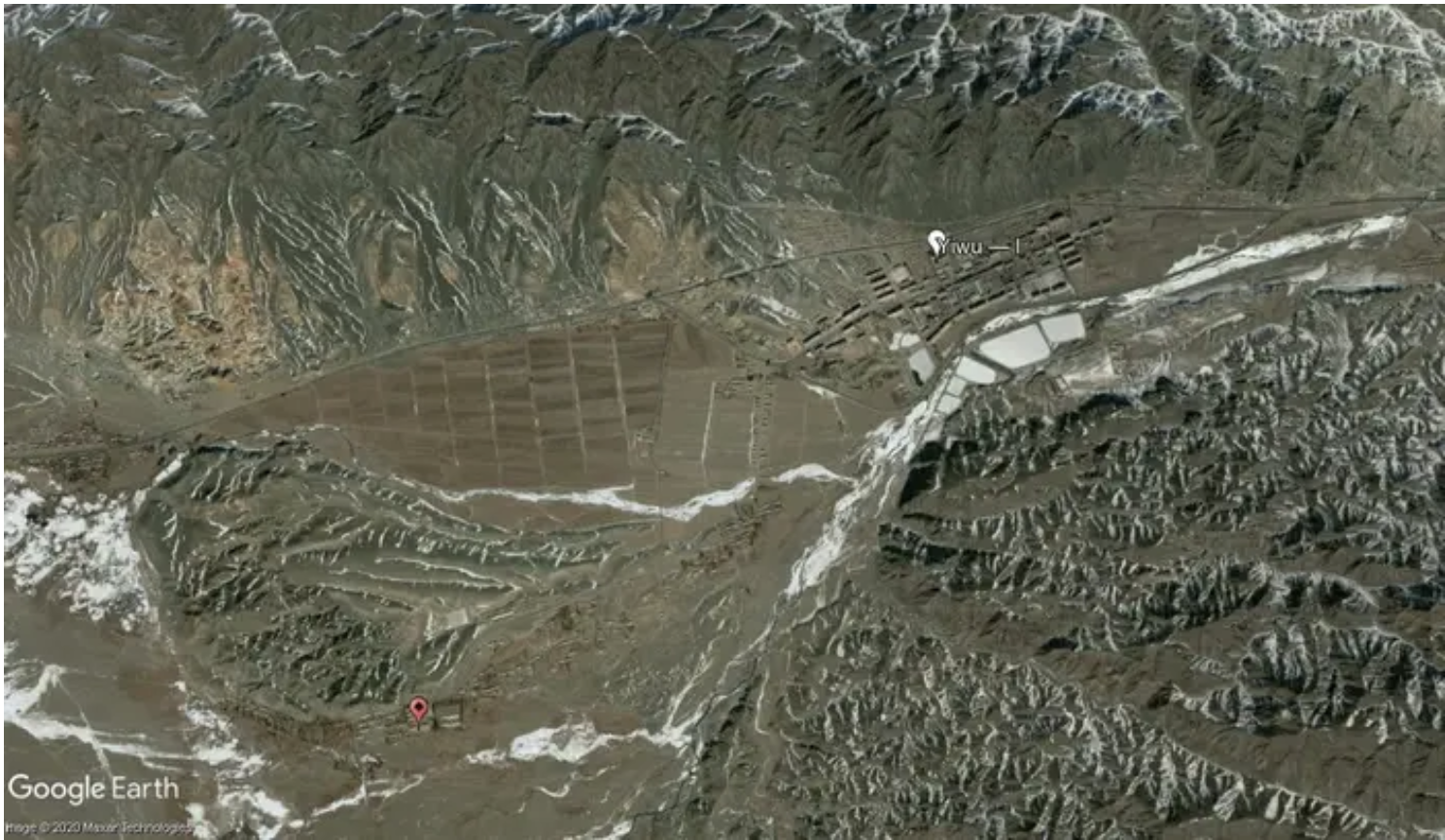In a February 25 event presented by the Pulitzer Center and the University of Wisconsin-Madison's Center for East Asian Studies, grantee Megha Rajagopalan discussed her Pulitzer Center-supported investigation into how China has established a sprawling system to detain and incarcerate hundreds of thousands of Uighurs, Kazakhs, and other Muslim minorities.
Rajagopalan is an award-winning international correspondent for BuzzFeed News, based in London. She has been a staff correspondent for BuzzFeed based in China and Thailand as well as in Israel and the Palestinian territories, and before that she was a political correspondent for Reuters in China.
Rajagopalan collaborated with architect Alison Killing to investigate how mapping and analyzing physical space could help better understand the situation in Xinjiang. In the resulting project, Built to Last, they use satellite imagery to uncover 428 locations in Xinjiang bearing the hallmarks of prisons and detention centers.
“Access was already a problem in China in general. It’s worse in places like Xinjiang and Tibet, which are considered to be sensitive places by the government,” she said. “What that means is that a lot of the reporters who have covered this have found alternate ways—interviewing people who have left the country, using an approach like we used, using open source materials.”
Rajagopalan also discussed the complicated ethics of doing reporting that could potentially endanger the people interviewed.
“Anyone you interview on the ground can face harassment by the police or even face detention,” she said.
Especially when reporting on sensitive topics, journalists need to make it clear to their sources what the potential consequences of publishing their story could be, Rajagopalan explained.
“You have to strike a balance between protecting the person [...] but also giving the source agency to be able to come forward,” she said.






